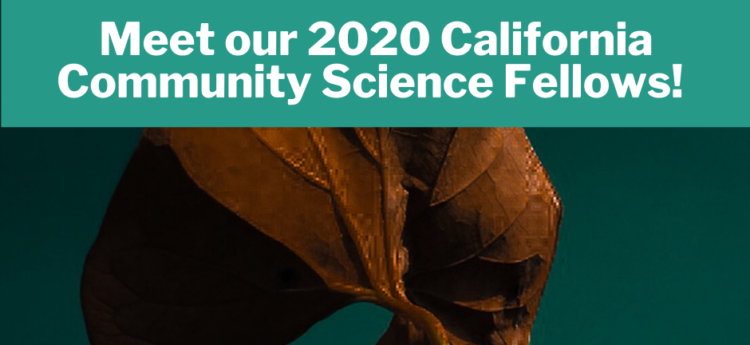About the Fellowship
Thriving Earth Exchange Community Science Fellows are current and future leaders in the community science movement. After being matched with a local community, each fellow is responsible for shepherding a community science project from idea to impact. This includes getting to know the community, identifying ways science can advance community goals, recruiting partner scientists, managing and supporting the project, and helping to share the team’s story and impact. Fellows serve in a volunteer capacity for a period of 6-18 months.
Meet the New Fellows
Our newest cohort of Community Science Fellows will be leading projects through a Thriving Earth Exchange community science collaboration with the California Strategic Growth Council (SGC). This cohort of Community Science Fellows will increase the capacity of communities across the state of California to address their climate and/or sustainability priorities. After completing their projects, Fellows will have opportunities to continue their involvement with the State of California by engaging in upcoming capacity building and research-related initiatives. SGC will view Community Science Fellows as regional resources with experience in California communities, and anticipates future opportunities for Fellows to work with various State-related programs and initiatives.
Abby Ackerman
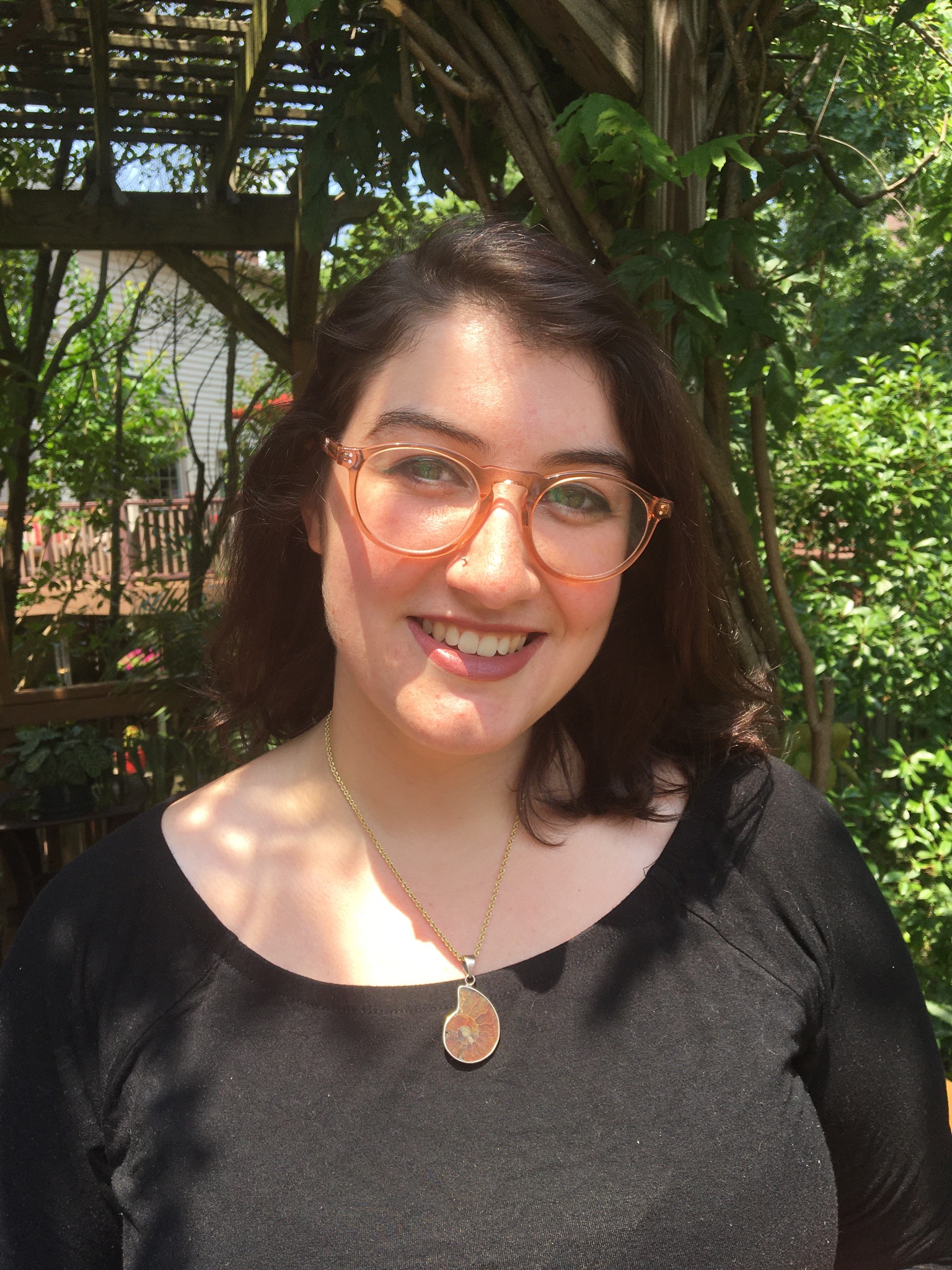
Abby Ackerman is the science policy communications associate at the Consortium for Ocean Leadership (COL) in Washington, D.C. At COL, Abby works to fulfill the organization’s strategic vision by creating advocacy and engagement materials, as well as coordinating with stakeholders within the ocean science and technology community to help COL present a unified voice for the ocean science community on important issues. Abby holds a bachelor’s degree in geology from Bryn Mawr College, where she was first introduced to the importance of science policy and science communication. Prior to joining COL in 2018, Abby worked at the American Geosciences Institute in their Policy and Critical Issues programs creating education and outreach materials — including webinars, factsheets, grey literature, and news articles — on scientific topics for a wide variety of audiences. When she’s not working, Abby is probably gardening, making incredibly specific playlists, or reading.
“Understanding why we do science, who it serves, and how the relationship between science and place can be improved by community engagement is so important! I’m excited to help facilitate projects that empower communities throughout the scientific process.”
Morgan Corey
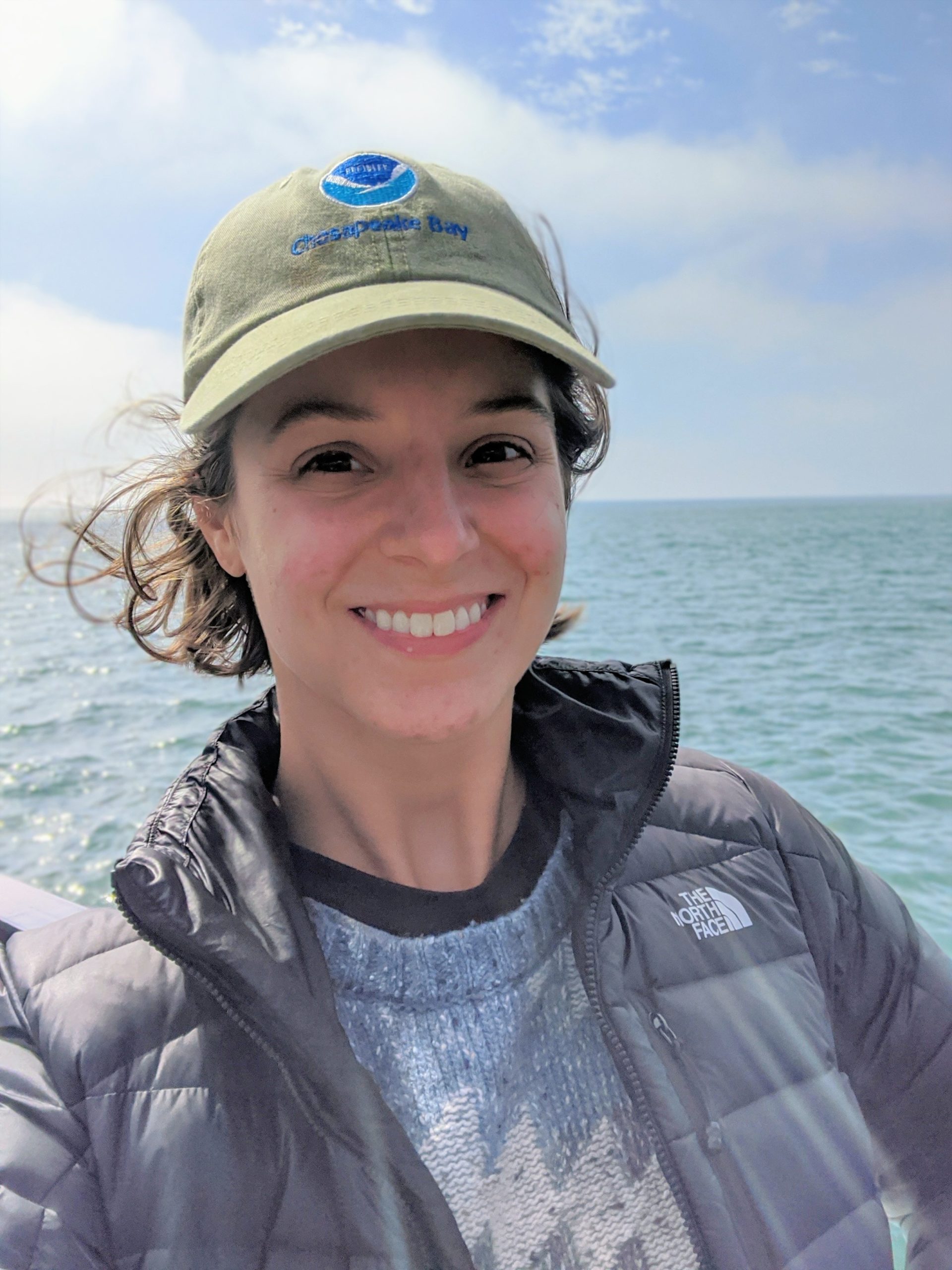
Morgan Corey is dedicated to the conservation of marine and coastal environments through applied science, management and policy. Currently a Fishery Management Specialist with NOAA and based in Washington, DC, Morgan has experience working toward restoration in the Chesapeake Bay watershed, researching in the Gulf of Mexico and around Lake Erie. She grew to embrace the power of community organizing for improved water infrastructure in Michigan and previously served as a Peace Corps Response volunteer in the Philippines, working with a local government to support the island’s solid waste management, habitat assessments and fish catch monitoring. She holds a M.S. in Coastal Science from the University of Southern Mississippi and a B.S. in Zoology (Ecology and Evolution) from the Ohio State University. Morgan is excited to learn with the Arcata, CA community how nature can make shorelines more resilient to sea level rise.
Diana Dalbotten
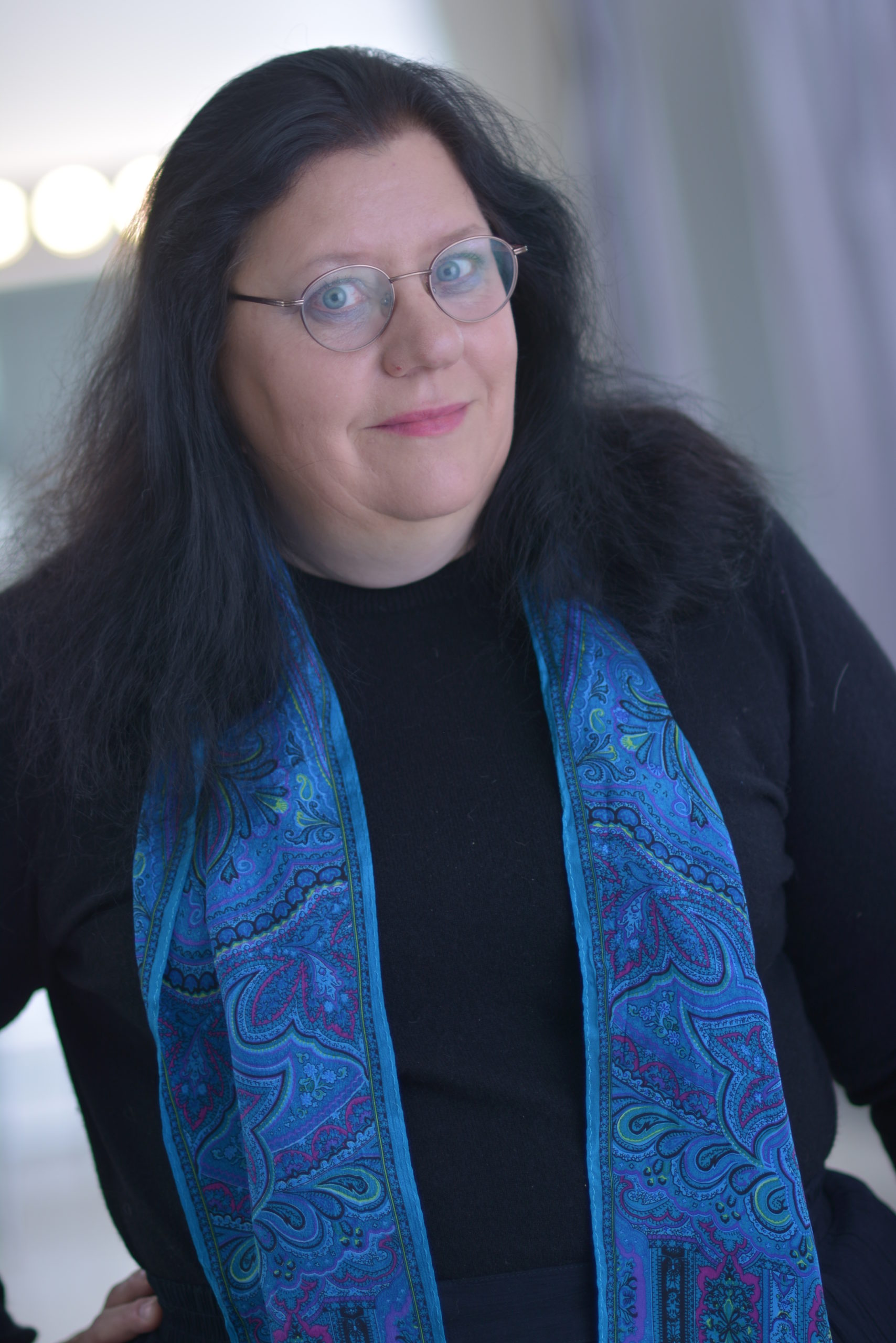
Diana Dalbotten is the director of Diversity and Broader Impacts for the St. Anthony Falls Laboratory. The focus of her scholarly engagement has been on broadening participation of Native Americans in Science, Technology, Engineering, and Mathematics fields. Dr. Dalbotten has collaborated with tribes in Minnesota and nationally to advance this agenda. Her work is driven o advance the practice of Community-Based Participatory Research (CPBR) on environmental issues and education in the geosciences. She is the director of the Research Experience for Undergraduates (REU) on Sustainable Land and Water Resources, a collaboration with the Fond du Lac Band of Lake Superior Chippewa; Salish Kootenai College, Montana; and the University of Minnesota. This unique National Science Foundation REU is unique in being both tribally-focused and incorporating CPBR. Dr. Dalbotten also collaborates with Fond du Lac on the gidakiimanaanwigamig (Our Earth Lodge) Math and Science Camps, which have run since 2002. Hundreds of student participants have benefitted from gidakiimanaaniwigamig’s focus on graduation from high-school, college-readiness, and academic excellence. Nationally, Dr. Dalbotten is the founder and directs the Geoscience Alliance, a national alliance for broadening participation of Native Americans in the geosciences. This group will be offering their 5th national conference in 2021. Dr. Dalbotten has also collaborated with tribal colleges and universities on the development of new science majors at Salish Kootenai College and Leech Lake Tribal College. Dr. Dalbotten’s community-engaged scholarship seeks to support better relationships between tribes and the University of Minnesota.
Karen Grosskreutz
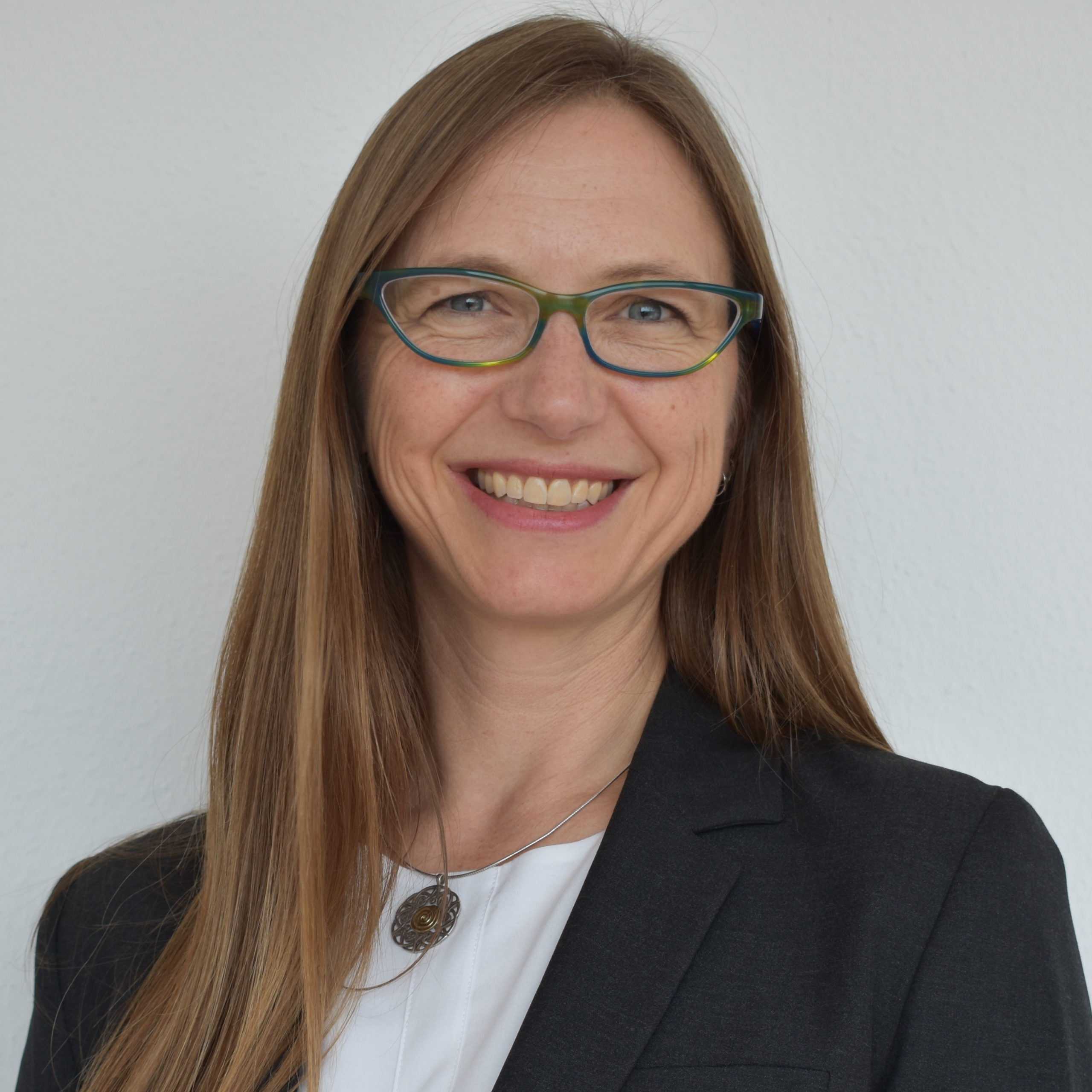
Karen Grosskreutz recently graduated with a M.Sc. in Sustainable Resource Management from the Technical University of Munich in Germany. She holds a B.A. in social sciences from Warren Wilson College. Her career goals include co-producing actionable science for climate adaptation and resilience by supporting community-based monitoring and local governance. In her previous career as a wilderness guide, she regularly collected samples and contributed observations as a citizen scientist in Alaska and Hawaii. She is currently a lighthouse keeper at Five Finger Lighthouse in SE Alaska with her husband. In her free time, Karen enjoys wilderness travel, adventure sports, and learning practical skills of all kinds — from crocheting blankets to working on small engines.
“Local knowledge and observations can drive relevant and meaningful research questions and inform policy recommendations that prevent problems rather than react to them. Likewise, local observers have been critical research partners in naming relevant parameters and validating scientific models. I hope to be a contributing partner in community-initiated science projects leading to local resource management and policy recommendations.”
Gabriel Lotto
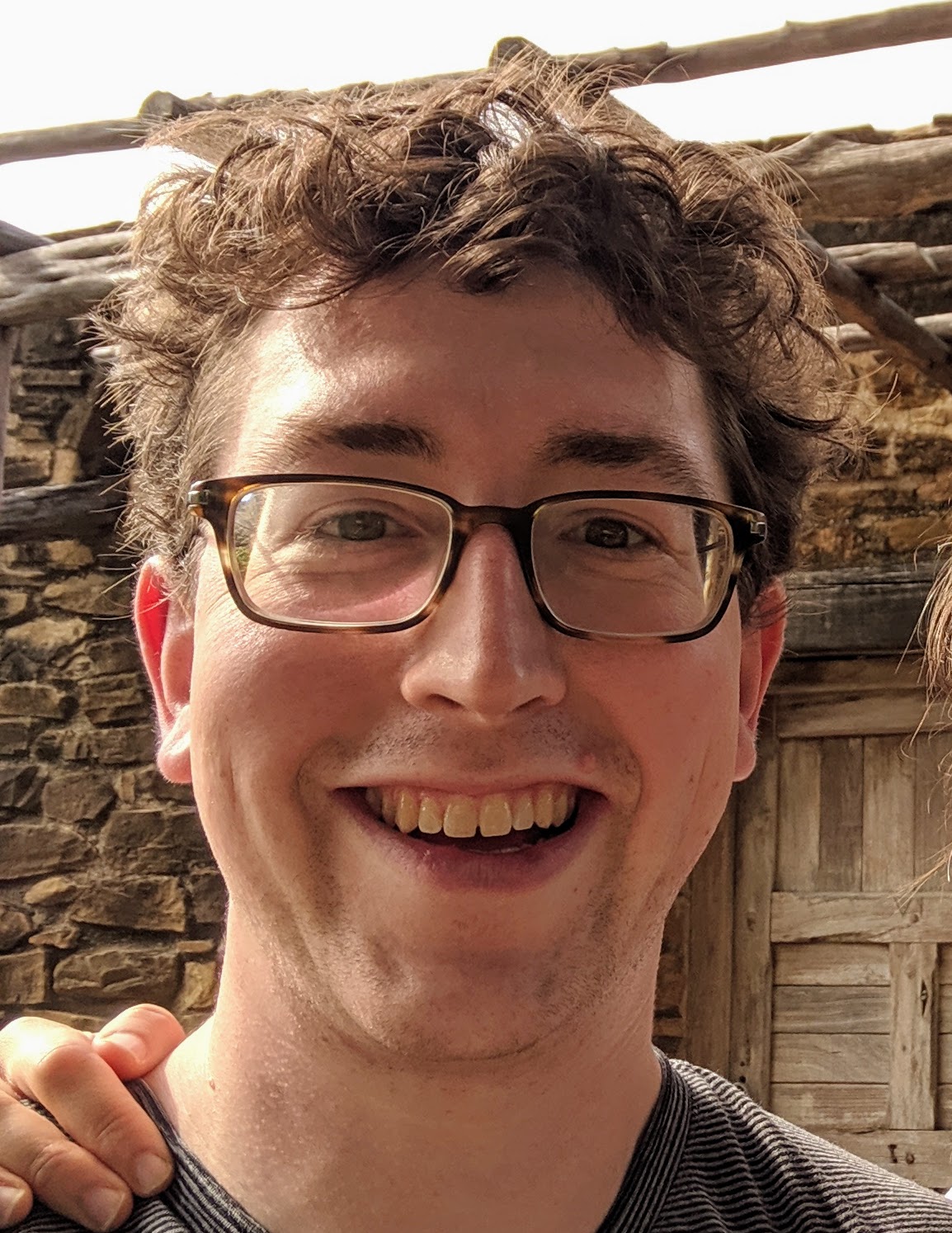
Gabriel Lotto is on the outreach team at the Pacific Northwest Seismic Network (PNSN) at the University of Washington. His work is aimed on introducing the ShakeAlert earthquake early warning system to the Cascadia Region, in order to reduce risk and increase public knowledge of earthquakes and related hazards. Gabriel previously served as program manager for the modeling arm of the SZ4D (Subduction Zones Hazards in Four Dimensions) Initiative, and worked on the Temblor app, which brings multi-hazard information to the public. His PhD research focused on the physics of tsunami generation from subduction zone earthquakes. He is an avid barbershop harmony singer, and co-founder of the Fog City Singers in San Francisco.
Leah Nagel

Leah Nagel is an aquatic ecologist, spatial data analyst, and community science enthusiast working as a Geospatial Specialist with the Center for Watershed Sciences at the University of California, Davis. Her research interests include amphibian ecology, wetland restoration, and using geospatial data to inform conservation at multiple spatial scales. She has previously worked on projects using citizen science in both research-focused and informal education settings. Leah holds an M.Sc. in Ecology from the State University of New York’s College of Environmental Science and Forestry and a B.A. from Middlebury College.
Kristen O’Shea
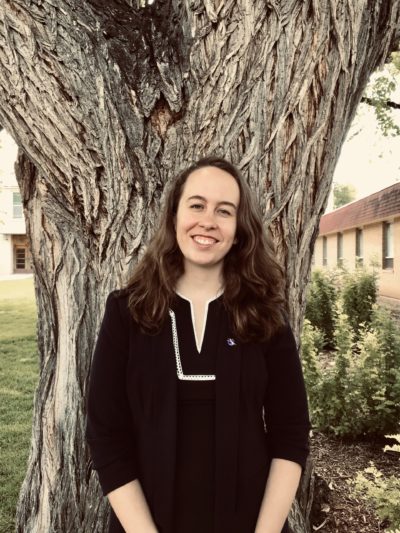
Kristen O’Shea works as a Center Lead and Geoinformatics Fellow for the NASA DEVELOP program. She manages two research teams of recent graduates/early career professionals at the program’s Colorado location. She oversees their work on remote sensing feasibility projects that help inform policy and management decisions for an array of partners both domestic and international. She also utilizes her skillset in coding, remote sensing, GIS, spatial modeling, and spatial analysis to support all 11 locations in their geoinformatics needs. Her interdisciplinary background includes a M.S. in Geological Sciences from San Diego State University, graduate GIS certificate from University of Maryland, and B.S. in Mathematics & Geology from Allegheny College.
Daniela Soleri
 Daniela Soleri is a Research Scientist in the Department of Geography, U California, Santa Barbara, USA. She has degrees in anthropology, international agricultural education, and a PhD in ethnoecology with a minor in plant sciences, all from the U of Arizona. Her research investigates diverse forms of knowledge and opportunities to build equitable partnerships across these in agriculture and crop diversity management, as well as community-driven research of environmental justice and other issues. A recent coauthored book is Food Gardens for a Changing World (Soleri, Cleveland and Smith 2019, CABI).
Daniela Soleri is a Research Scientist in the Department of Geography, U California, Santa Barbara, USA. She has degrees in anthropology, international agricultural education, and a PhD in ethnoecology with a minor in plant sciences, all from the U of Arizona. Her research investigates diverse forms of knowledge and opportunities to build equitable partnerships across these in agriculture and crop diversity management, as well as community-driven research of environmental justice and other issues. A recent coauthored book is Food Gardens for a Changing World (Soleri, Cleveland and Smith 2019, CABI).
Isabella Arzeno Soltero
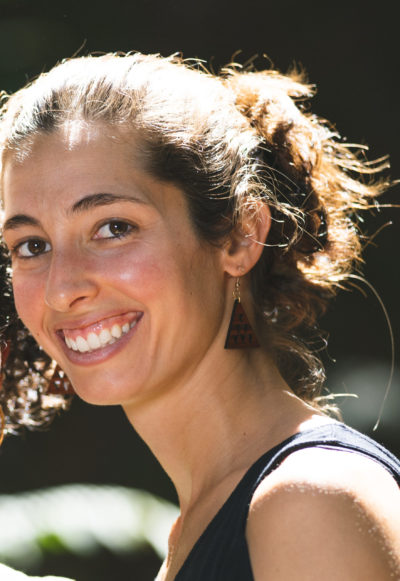
Isabella was born and raised in Puerto Rico. She received her Ph.D. in Physical Oceanography from UCSD, where her work focused on the interaction between oscillatory flow and bathymetry. Isabella is currently a postdoctoral scholar at UCI, working on a model for tropical seaweed farming. She is an active route leader for Border Angels and a member of the Detention Resistance collective. Isabella is excited to work with Alianza Coachella Valley on studying the Salton Sea.
Meg Thorley
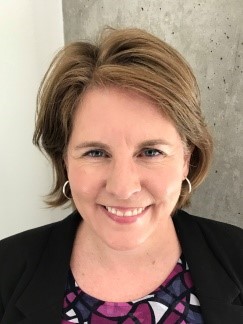
Meg Thorley works at the nexus of health, equity, the built environment and climate change. A social scientist by training, she established Urban Intersect Consulting to help create and sustain healthy, resilient communities as part of the transition to a low-carbon society. The practice works with organizations and communities to build capacity in systems thinking, cross-sectoral engagement, and collective action. Developing trust and effectively collaborating with a variety of stakeholders are cornerstones of her 20+ year career working in organizations across the public, non-profit, and private sectors in over 30 countries. She earned her PhD from the University of Cambridge in the United Kingdom (UK) and holds a Master of Public Health degree from the University of North Carolina at Chapel Hill.
“I believe that co-created science is an important tool to help communities be more effective advocates for their needs and priorities. Understanding 1) the principles, benefits—and limitations—of the scientific method, 2) how science is produced (never in a vacuum, instead influenced [no matter how benignly] by the interests/priorities of the researchers and/or funders), and 3) how to create, interpret and use data, increases the capacity of all individuals and communities to be more discerning consumers, and more influential users, of information.”

